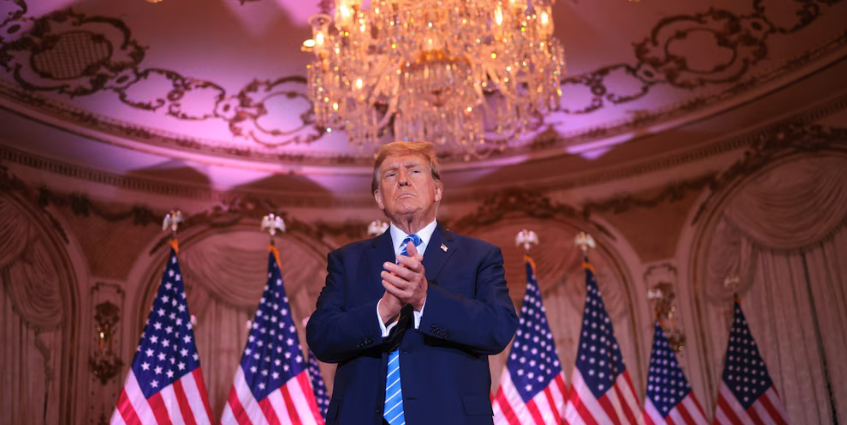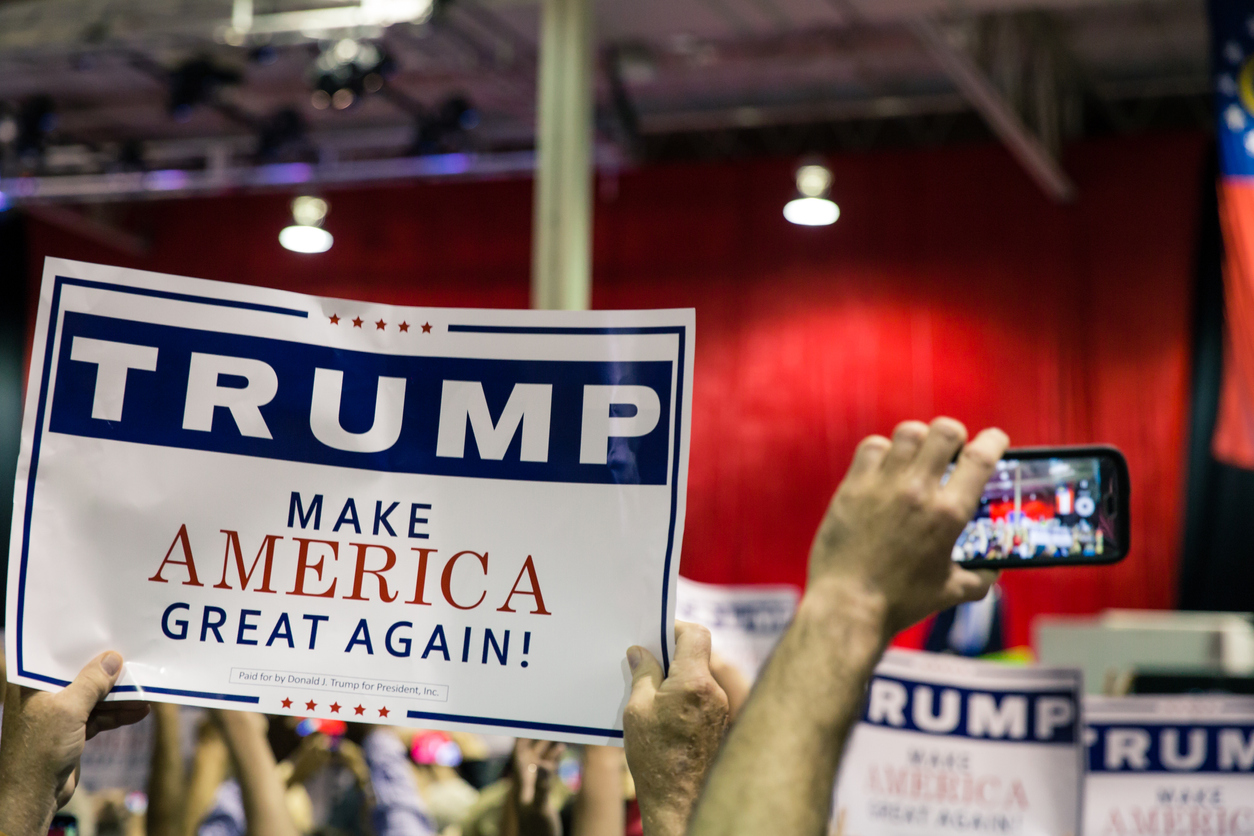
In a bold move that underscores the current administration’s commitment to tackling corporate dominance, the U.S. Justice Department, alongside attorneys general from 15 states, has launched a significant antitrust lawsuit against tech giant Apple. This landmark case accuses Apple of monopolizing the smartphone market, a tactic that allegedly stifles competition and hikes costs for consumers, app developers, and creators alike. Filed in a New Jersey federal court, this legal battle marks a critical juncture in the ongoing scrutiny of America’s tech behemoths.
At the heart of the lawsuit is the allegation that Apple has meticulously crafted a series of contractual rules and restrictions in response to competitive threats. These measures have purportedly enabled Apple to siphon higher prices from consumers, levy hefty fees on developers, and throttle the growth of rival technologies. Jonathan Kanter, Assistant Attorney General of the Justice Department’s Antitrust Division, likened Apple’s strategy to a game of ‘Whac-A-Mole’, where the company swiftly counters any threats to its dominance.
Apple, however, stands firm in its defense. The company argues that the lawsuit not only misconstrues its innovative practices but also poses a risk to its foundational principles. Apple fears that a victory for the government could pave the way for undue interference in technology design, ultimately harming the very people the lawsuit seeks to protect. As the battle lines are drawn, Apple is prepared to defend its position vigorously, asserting that the lawsuit lacks merit both factually and legally.
This legal action is part of a broader initiative by the Biden administration to confront and curtail corporate power, particularly within the tech sector. The Justice Department is already entangled in legal disputes with Google, targeting its search and advertising dominions, while the Federal Trade Commission has set its sights on Amazon and Meta, challenging their market practices. Initiated during the Trump era, these investigations underscore a bipartisan concern over the unchecked growth of tech conglomerates.
Apple’s App Store, notorious for its 30 percent commission fees, has long been a point of contention, drawing criticism from major players like Epic Games, Spotify, and Match Group. However, the current lawsuit broadens the scope of inquiry to encompass Apple’s entire mobile business model. The government’s contention revolves around Apple’s “walled garden,” which, it argues, is meticulously maintained to lock customers into its ecosystem, stifling innovation and competition from developers and hardware manufacturers alike.
The lawsuit details how Apple’s monopolistic practices extend beyond software development agreements to include deliberate barriers against rival technologies. This includes limitations on cloud streaming services, obstacles for smartwatch compatibility, and hindrances to alternative digital payment options. The consequence, according to the DOJ and state attorneys, is a fortified monopoly that comes at the expense of innovation, consumer choice, and market fairness.
Internationally, Apple faces similar antitrust challenges, with recent penalties in the European Union for unfair competitive practices in music streaming and ongoing scrutiny under Europe’s Digital Markets Act. Other nations, including South Korea, are also examining Apple’s market conduct, indicating a global reckoning with the power dynamics in the tech industry.
As Apple braces for this judicial showdown, the stakes are high, not just for the company but for the broader tech landscape. This lawsuit challenges the foundations of Apple’s market dominance, questioning the balance between innovation and competition in an era increasingly defined by digital technologies. As the case unfolds, it will undoubtedly shape the future of tech regulation, consumer rights, and corporate accountability in the digital age.











